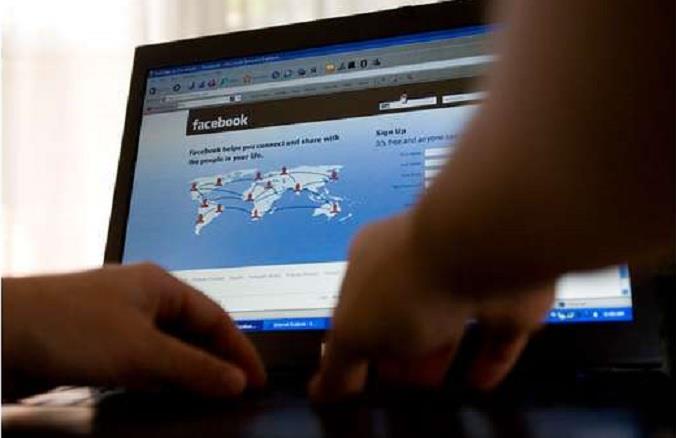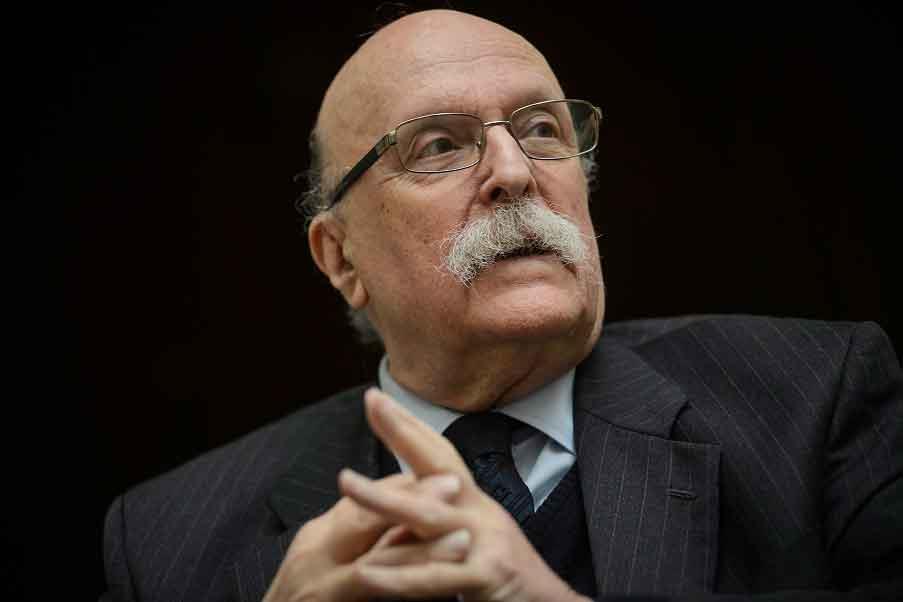On 12 January, the European Court of Human Rights ruled in the case of Romanian Bogdan Bărbulescu, who was dismissed by his employer in 2007 for sending personal messages to his fiancée and brother.
The Yahoo account was set up as a work account to address client difficulties so, essentially, it was not actually a personal account. The ECHR’s ruling favoured Bărbulescu’s employer, and decided that it was “not unreasonable that an employer would want to verify that employees were completing their professional tasks during working hours.”
The implications picked up and rumoured by international media were that employers now have the right to look through all personal accounts like Whatsapp and Facebook messages, which isn’t the case. The Malta Independent asked for comments from a number of entities directly influenced by this ruling.
The Chamber of Commerce maintained that “a company's resources are provided to employees in order to carry out any tasks which are commensurate with their job. The Malta Chamber understands that employees' rights to privacy should always be respected while it acknowledges that employees spend a considerable amount of time at work.

“The Chamber however maintains that messages and data content which are generated and which are sent or received on company-owned hardware and through other company-owned resources, can be screened by the companies in question in order to safeguard company security and in order to ensure that employees observe their employment obligations at all times. In this light therefore, while a degree of caution must be exercised, the Malta Chamber welcomes this ruling."
As a principle, the General Workers’ Union “believes that employers should not have access to employees’ private communication and this principle doesn’t seem to have been affected by the latest decision by the ECHR.
“The GWU insists that this highlights the importance of clarity on the contracts between employee and employer, especially clauses where electronic device usage can be monitored. “

It was also pointed out that, according to the Data Protection Act, the employee needs to give consent to be monitored by their employers also.
The GWU however also believes that there must be valid justification for all monitoring and that not all activity should be recorded and analysed especially in situations nowadays where employees are expected to use their personal electronic devices for work purposes.
In its comment the GWU states that it believes that there should be a strong sense of trust between employee and employer and that “with honest trust, production and the quality of work will be higher when matched with employees who feel that they are being observed with every step.”
Director General of Malta Employers’ Association, Joe Farrugia, spoke for the association saying that they agreed because “where the company’s equipment is being used, then it is the employers’ property.” He also added that there have been cases of harassment and abuse at work which could have been avoided if stricter monitoring was in place.

Judge Giovanni Bonello, who was a Judge of the European Court of Human Rights from 1 November 1998 until 31 October 2004, also gave The Malta Independent his view on the ruling.
The veteran judge started by saying that “The right to privacy is not an absolute right – always and under any circumstance. It has to be reconciled with the rights of others and those of the community.
“While the general rule is that personal correspondence should be protected by confidentiality, a person under employment has a contractual obligation to render services for which he is paid, to his or her employer. Employees receive a wage or a salary because they have contracted to dedicate working hours to work, not to carry on private pursuits or entertainment, using their bosses’ time and equipment for purposes against the interests of their employer, unless there are clear agreements to the contrary.
“I would say that if employees enter into employment contracts, they implicitly waive their right to confidentiality for non-work related activities performed during working hours.”